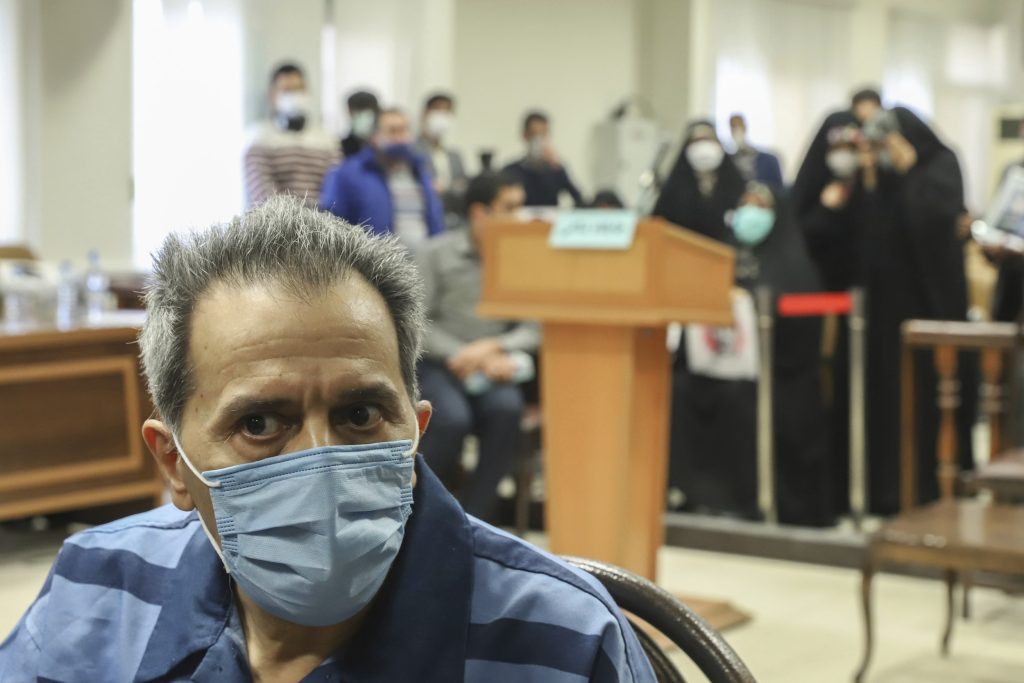Iranian-German prisoner Jamshid Sharmahd’s recent death has caused confusion and tension between Germany and Iran. Initially, Iran announced that Sharmahd had been executed, but later claimed he passed away before his sentence could be carried out. Germany responded by shutting down three Iranian consulates within its borders in protest of Sharmahd’s treatment. The German government is now the only Iranian consulate available to the public in Germany. The circumstances surrounding Sharmahd’s death remain unclear, with Iran’s judiciary spokesperson stating that he died before his execution could take place.
Sharmahd, an Iranian-German national and U.S. resident, was facing allegations related to a 2008 bombing in Iran that resulted in multiple casualties. Iran accused Sharmahd of involvement in the attack, claiming that he was associated with an opposition group linked to the incident. However, Sharmahd’s family denies these accusations, and rights groups have criticized his trial for lacking due process. Despite these concerns, the Iranian Supreme Court sentenced him to death by hanging for “corruption on Earth.” Germany has been vocal in demanding accountability from Iran and continues to push for the release of Sharmahd’s body to his family.
Germany dismissed Iran’s claims that Sharmahd died before his execution, insisting that Iranian officials had confirmed his death to them. The German Foreign Ministry holds Iran responsible for Sharmahd’s death, as he was allegedly held in inhumane conditions without adequate medical care. The German government is advocating for a thorough investigation into the circumstances of Sharmahd’s death. Sharmahd’s family lawyer has called for transparency and accountability, urging German and U.S. authorities to take action to uncover the truth and reunite Sharmahd with his family in California.
The tensions between Iran and Germany have further strained the already delicate relations between Iran and Western countries on various issues, including Iran’s nuclear program, human rights violations, and regional conflicts. President Masoud Pezeshkian of Iran criticized Germany’s response, accusing Western nations of interference in Iran’s internal affairs. Pezeshkian defended the execution of Sharmahd, referring to him as a responsible individual for numerous deaths. The incident has exacerbated diplomatic tensions between Iran, Germany, and the United States, with ongoing calls for answers regarding the circumstances of Sharmahd’s death.
The conflicting statements from Iranian officials regarding Sharmahd’s death have raised concerns about the transparency and credibility of Iran’s legal system. Sharmahd’s case has attracted international attention, with human rights groups and governments calling for justice and accountability in his treatment and death. The uncertainty surrounding Sharmahd’s fate has added to the strains in relations between Iran and Western countries, including Germany and the United States. As the investigation continues and diplomatic efforts proceed, the focus remains on uncovering the truth behind Sharmahd’s death and addressing the broader implications for international relations.












